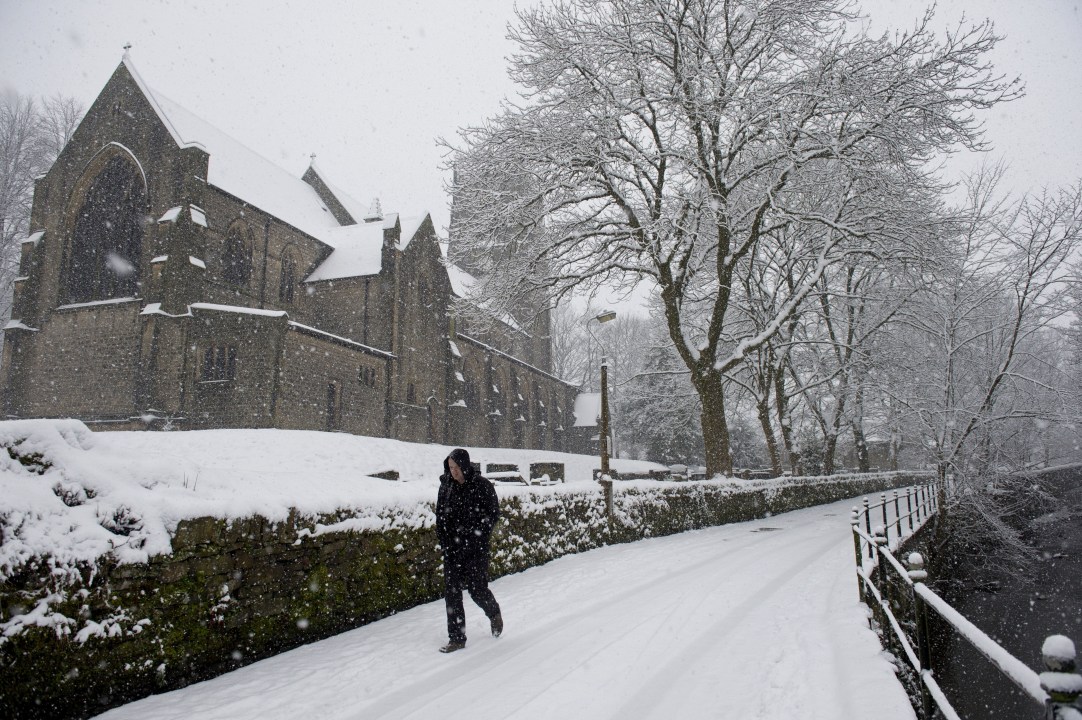There’s a spate of statistic-based stories about Christianity in decline. Recently we heard that under a million Brits now attend the CofE. Now we hear that the proportion of Britons who say they have no religion is creeping up to 50 per cent. Already, most white Britons identify as non-religious.
It’s not really news. For decades religion has been a minority thing, a subculture that the main culture ignores or derides. But this was half-obscured by a residual sense that most Britons were culturally Christian. In 2001 a surprising 72 per cent said that they were. We are seeing a new honesty from these cultural Christians – many of them are now moving away from the pretence that they are sort of Christian. And this means we can see the landscape a bit more clearly.
The landscape can be summed up thus. Christianity is a minority pursuit, with just three or four per cent regularly attending worship. But a lot more, around 40 per cent, feel that Christianity is a good thing, and are aware of being influenced by it – and even identify as ‘Christian’. The polling suggests that this wider penumbra is mostly older people – and pundits conclude that it is therefore declining. But maybe it’s when people get older and wiser that they understand their cultural debt to Christianity.
Here’s one way of looking at it. Every Christian who goes to church is sustaining a tradition that ten other people, lying in bed reading ghastly godless gossip in the newspapers, are gradually becoming aware of benefiting from.








Comments